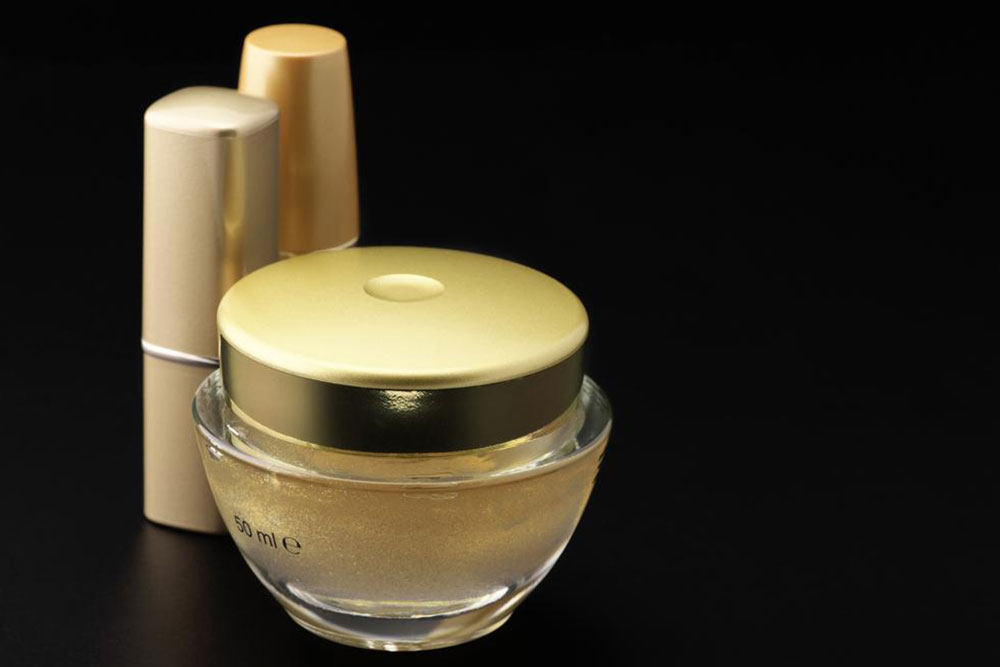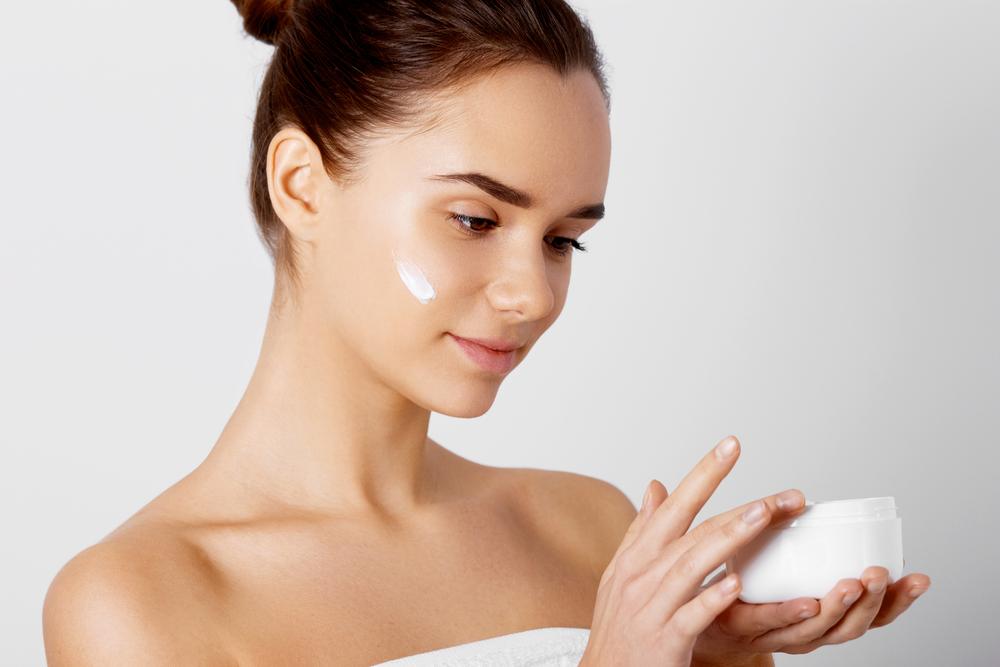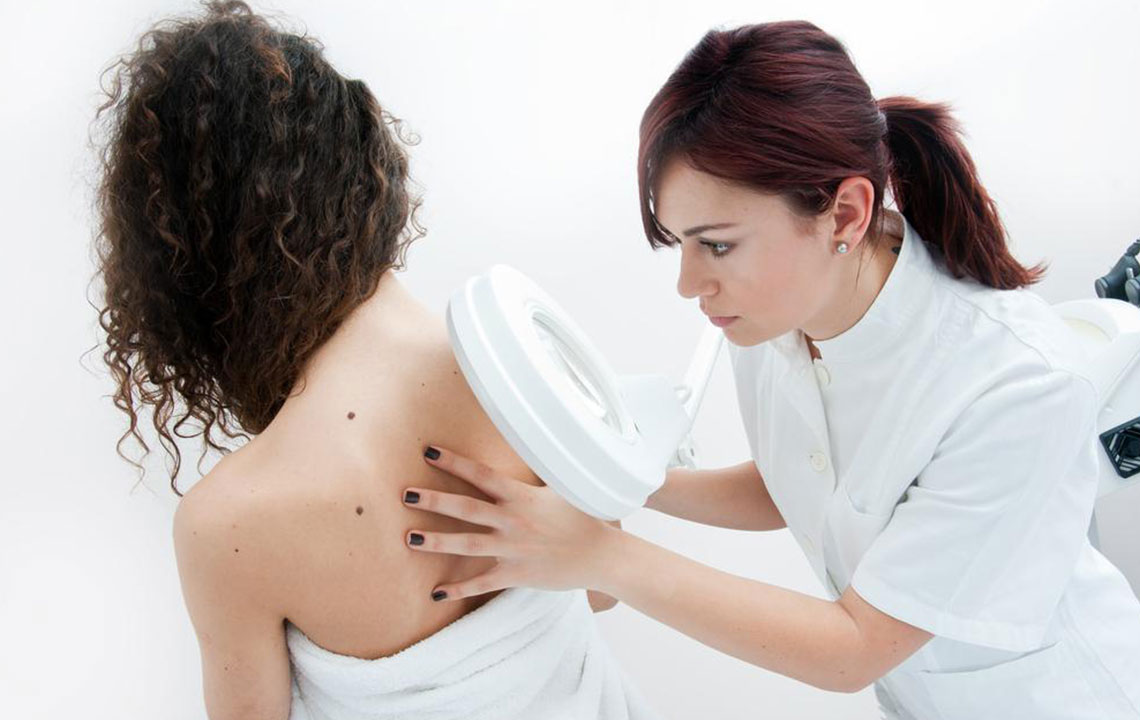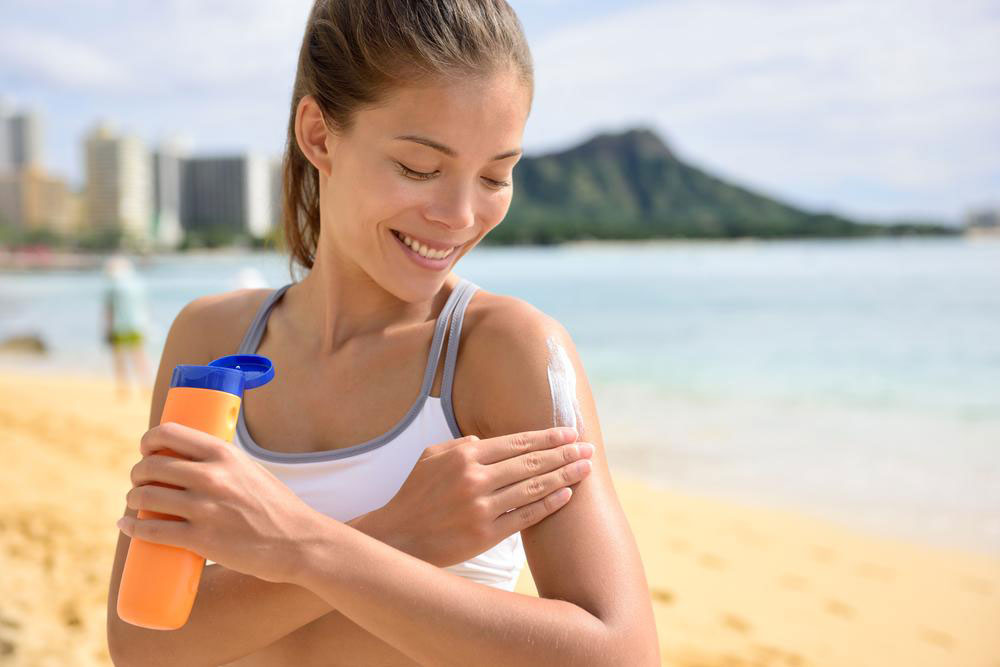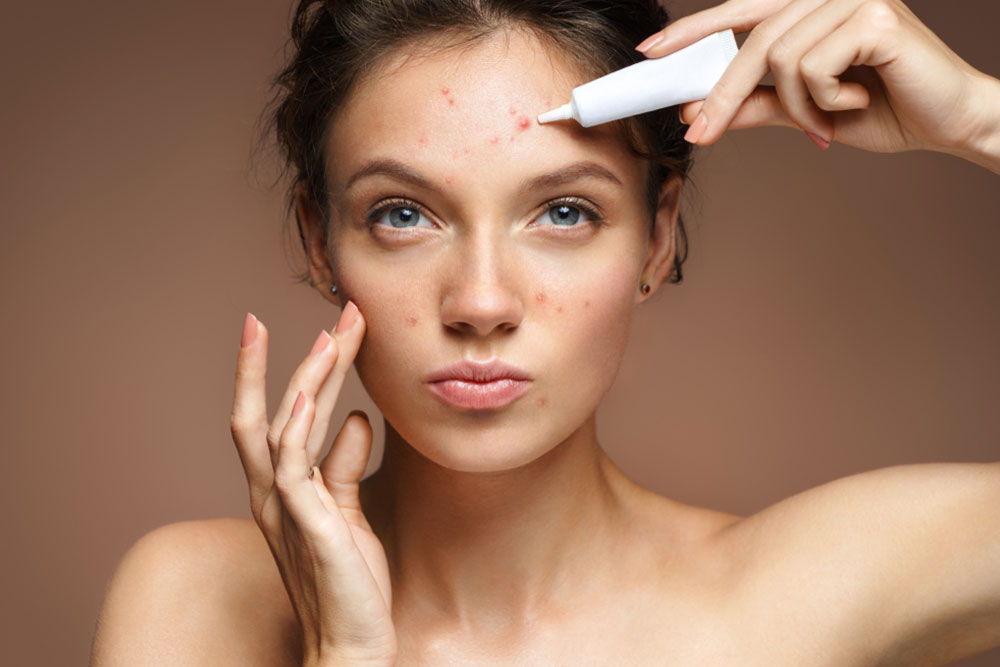Essential Tips for Safe and Beautiful Sun-Kissed Skin
Learn how to achieve a beautiful, sun-kissed glow safely with expert tips on sun protection, essential gear, and when to avoid tanning. This guide promotes responsible sunbathing for healthy, radiant skin all summer long.
Sponsored

Your Complete Guide to Achieving a Safe and Radiant Sun-Kissed Glow
Guide to getting that perfect sun-kissed complexion safely
When summer arrives, images of beaches, extended sun exposure, pool days, lounge chairs, and swimsuits come to mind. Many of us enjoy relaxing with friends, sipping drinks, and showing off our toned bodies. While sunbathing is a popular summer activity, it’s important to do it responsibly. Many focus on achieving a stunning tan, sometimes neglecting the risks of sunburns and skin damage.
Sunburns are more than just painful—they can increase the risk of skin cancer and accelerate aging. The key is to enjoy the sun safely. With the right approach, you can achieve a beautiful, golden summer glow without harm.
Proper sun protection is essential for healthy tanning. Planning your beach day? Ensure you have the right essentials to get that perfect tan safely.
Key items include:
Swimwear
Cover-up
Protective sunglasses
Sunscreen with SPF 30 or higher
Beach towel
Tanning lotion
Hydrating water
Lip balm with SPF
Follow these tips to achieve that radiant, sun-kissed look responsibly:
Exfoliate and shave your skin beforehand for a smoother tanning process; this helps the tan set evenly and enhances lotion absorption.
Stay well-hydrated throughout your sun exposure to avoid dehydration.
Listen to your body—if you feel dizzy, tired, or have a headache, take a break from the sun to prevent overexposure.
Identify your skin’s tanning threshold; some skin types tan quickly, while others burn easily. Know your limits.
Apply aloe vera to soothe any accidental sunburns and maintain skin health.
When should you avoid sunbathing?
Skin that doesn’t tan: If your skin burns without tanning, you’re at higher risk for burns and skin cancer. Consider fake tans as a safer alternative.
History of skin cancer: Anyone with previous skin cancer should steer clear of prolonged sun exposure.
Photosensitive medications: Some medicines can increase sensitivity to sunlight. Consult your healthcare provider before sunbathing.
Pregnancy: Extended sun exposure can raise body temperature, which may be harmful during pregnancy.
Enjoy your summer with confidence by following this comprehensive guide. How do you practice safe tanning? Share your tips!


